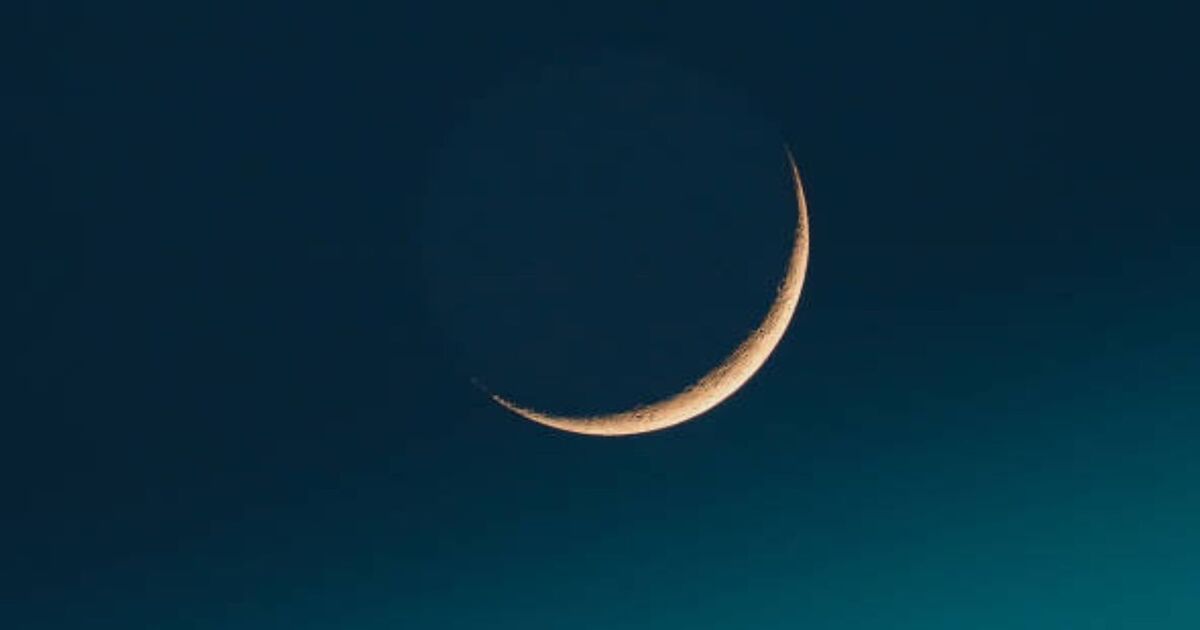|
Finding a way forward in the India-Pakistan conflict | Kashmir Your editorial (The Guardian view on India and Pakistan: a newly dangerous moment in an old dispute, 7 May) underscores the alarming escalation between India and Pakistan, but the suspension of the Indus waters treaty and the missile strikes are more than just a return to familiar hostility. They reflect a deeper pattern that I call the urgency-actionability trap: the impulse to respond to provocation, even when those responses, whether symbolic or military, offer little durable benefit and risk spiralling escalation. India’s suspension of the Indus treaty is technically limited – it cannot “turn off the tap” overnight – but it sets a dangerous precedent in normalising water as a weapon. Pakistan’s retaliatory posture, similarly, satisfies domestic politics while weakening regional water security. Neither action advances stability; both reinforce distrust. There is a narrow but actionable path forward. Engineering diplomacy, rooted in scientific realism, suggests small, verifiable steps – reinstate real-time data sharing; deploy neutral monitoring; and rebuild the habits of cooperation that long kept this basin out of the fire. Principled pragmatism – the ability to act in ways that are both realistic and values-based – is urgently needed. When symbolism overtakes strategy, rivers become battlegrounds. But they don’t have to be. The time to restore channels of communications, however modest, is now. Mirza Waheed’s poignant article underscores a critical oversight in the discourse surrounding the Kashmir conflict: the persistent marginalisation of Kashmiris (A massacre has reignited the forever war between India and Pakistan – once more, Kashmiri voices are missing, 29 April). As a resident of Shopian, I have witnessed first-hand the cyclical nature of violence that has plagued our region. The recent escalation following the tragic attack in Pahalgam has once again thrust Kashmir into the spotlight, yet the narratives predominantly focus on the geopolitical tensions between India and Pakistan, sidelining the lived experiences of Kashmiris. India’s revocation of Article 370 in 2019, as highlighted by Waheed, marked a significant shift in India’s approach to Kashmir, leading to increased militarisation and a sense of disfranchisement among locals. This move, done without consultation with Kashmiris, has deepened the chasm between the region and the central government. For any lasting resolution, it is imperative that the voices of Kashmiris are not only heard but are central to the dialogue. The international community, media and policymakers must prioritise inclusive conversations that address the aspirations and grievances of the Kashmiri people. Source link Posted: 2025-05-11 17:35:37 |
These are the pizza toppings that give Brits the 'ick'
|
|
Cheesecake is creamier and easy to bake if made with 1 unusual ingredient
|
|
'Masterpiece' Amazon Prime war film discovered by fans: 'Must watch!' | TV & Radio | Showbiz & TV
|
|
Emma Raducanu baffled after 'unbelievable' Miami Open win without a coach | Tennis | Sport
|
|
Shark PowerPro vacuum has Brits 'shocked' what came from their carpet
|
|
Astronomer reveals exactly when the Eid moon will appear | UK | News
|
|
Dr Amir Khan 'act now' warning to hay fever sufferers on ITV Lorraine | UK | News
|
|
The Lion King crowned greatest movie soundtrack | Music | Entertainment
|
|







